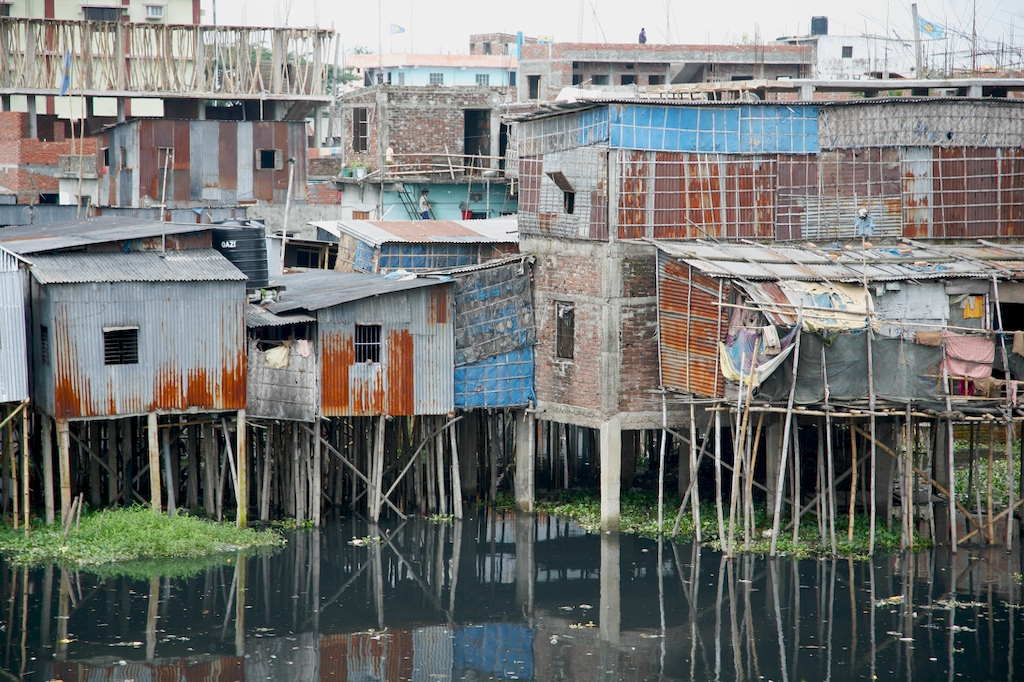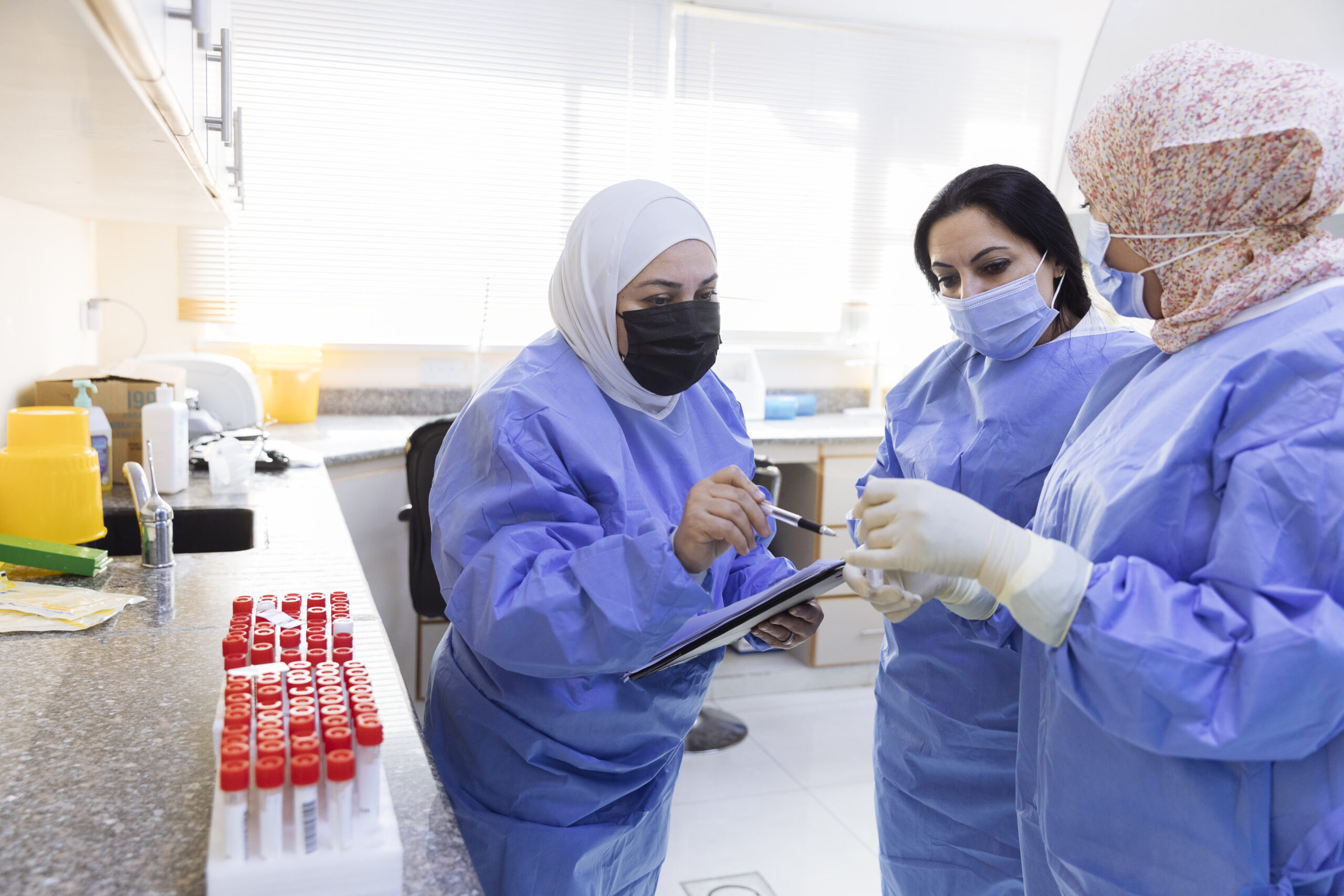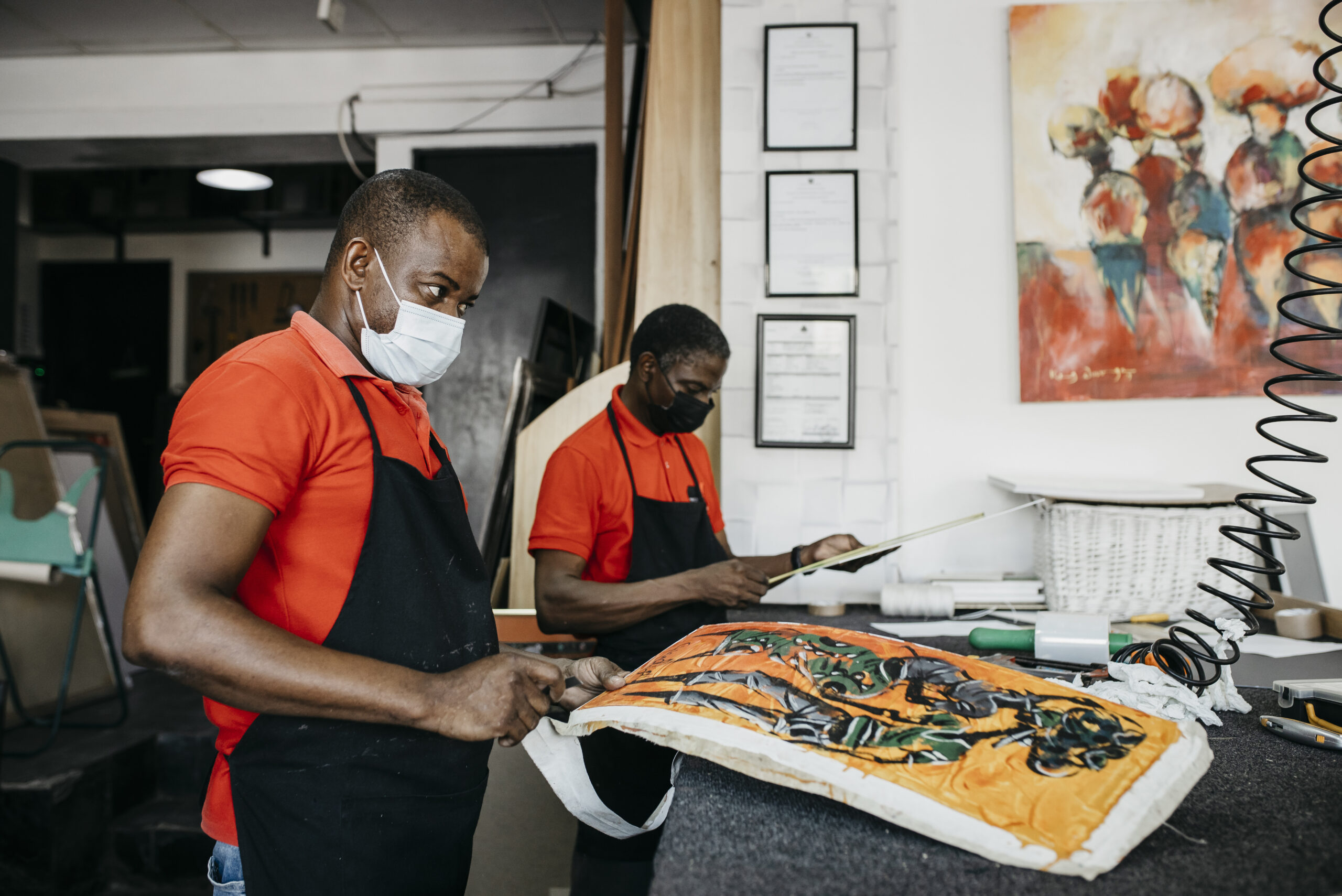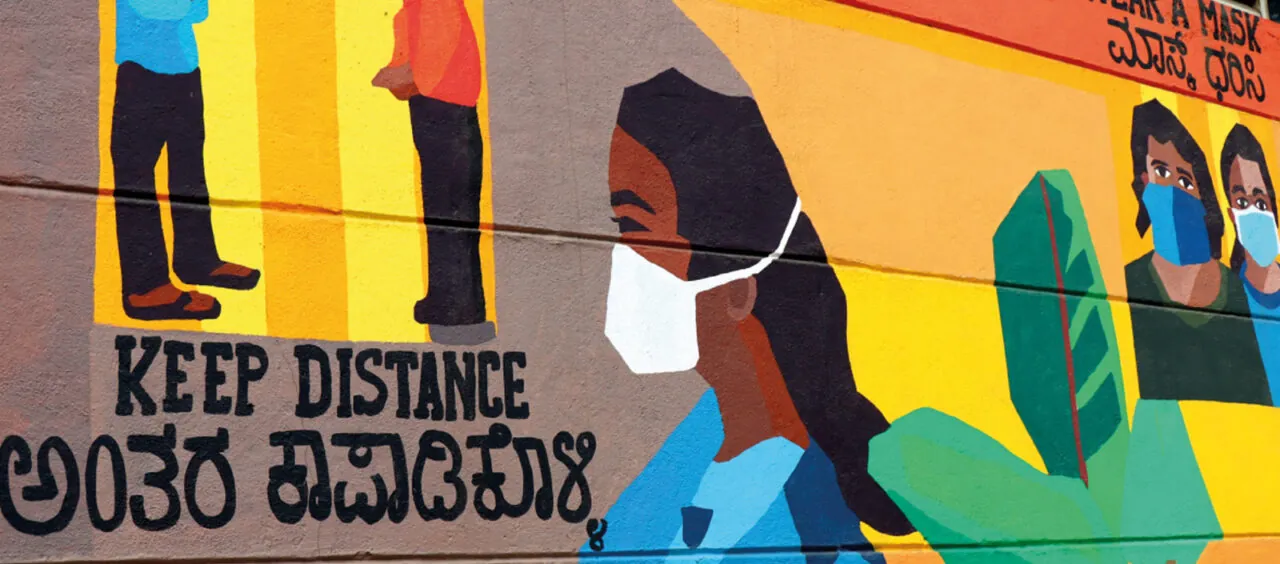Around the world, the Covid-19 pandemic has exacerbated differences that already existed. Health outcomes and the economic impacts of resulting lockdowns have not been evenly distributed, and inequalities have deepened. As the pandemic began, there were widespread concerns for the urban poor. Population density and limited service provision in informal neighbourhoods meant that standard measures to reduce transmission were difficult or impossible. Livelihoods based on day labour and the unskilled service economy were also most seriously affected by the resulting lockdowns.
However, three literature reviews by the Covid Collective focusing on community resilience in urban informal settlements provide a clear contrast to these expectations. Based on analysis of research in Bangladesh, Kenya, and Yemen, all three highlight the active role of urban residents.
Overall, the following messages stand out:
- Urban residents are not passive recipients of political or economic directives. Residents’ responses vary widely and will determine the final outcomes.
- Residents’ responses are shaped by the pre-pandemic context, including civil society engagement, residents’ trust in government, and wider threats, including conflict.
- Where outcomes were more positive than expected, this was largely the result of self-help activities, amplified by government assistance and public recognition.
Perceptions matter for public policy and practice
Residents developed their own responses as a result of a withdrawal of state and NGO-led support, although once activities had been initiated, progressive public policy became important in supporting residents’ initial responses.
In Bangladesh, the prevalence of Covid-19 in Dhaka slums was much lower than expected, even in the very largest slums, such as Korali. Researchers identified widespread community-led initiatives in key areas such as sanitation that were later supported by government efforts.
In Yemen, the pandemic was simply one of a number of major health challenges faced by the population. The long-running conflict resulted in low levels of public trust in police and security services who were also the government actors responsible for reinforcing anti-Covid measures such as the closure of markets. This resulted in low levels of compliance. Researchers argue that a reliance on more trusted public actors, such as health professionals, would have improved this response.
In Kenya, a well-established community-led network, the Muungano Alliance, began to collect data on infection rates, existing responses, and additional support needed in multiple informal settlements. This participatory response was central to developing widespread public support and initiating effective government responses.
These findings are significant as they show what works in responding to some of the most complex challenges resulting from Covid-19.
The Covid Collective brings together 28 organisations working on 63 projects to inform decision-making on some of the most pressing Covid-19-related development challenges. Find out more and subscribe to the newsletter.
This blog was first published on the IDS website.



